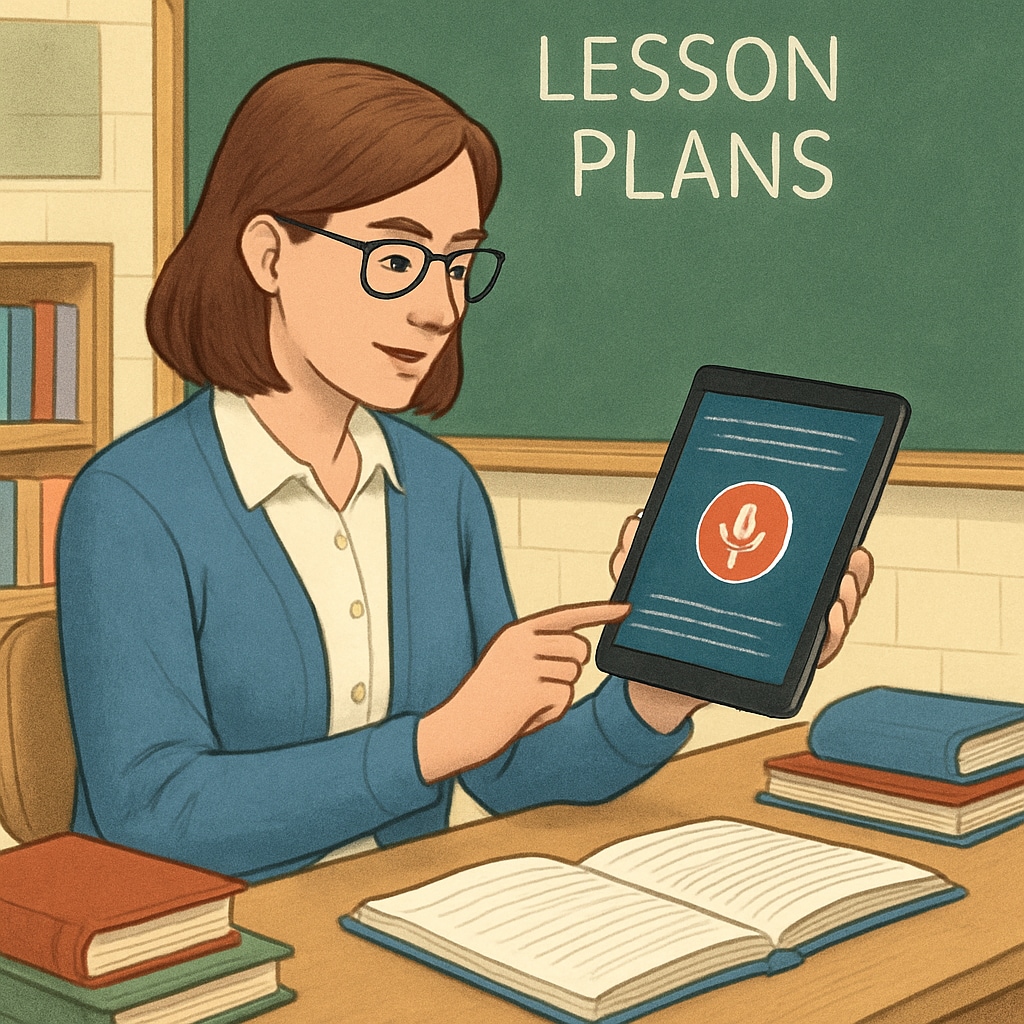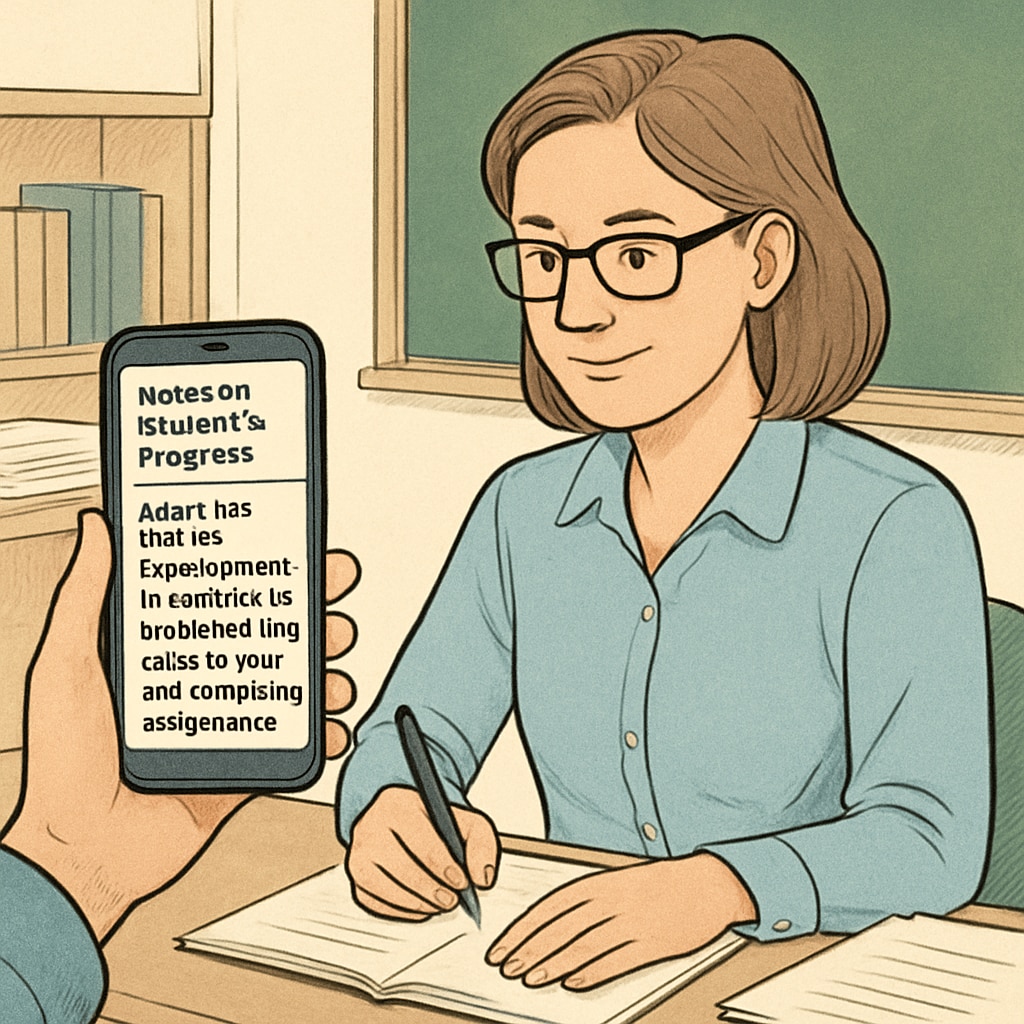In today’s fast-paced educational environment, teachers face increasing demands to manage their time effectively while maintaining high-quality instruction. Speech-to-text technology, like WillowVoice, provides a transformative solution to these challenges. By simplifying education workflows, boosting teaching efficiency, and enhancing classroom engagement, WillowVoice empowers educators to focus on what truly matters—making a difference in their students’ lives.
Streamlining Workflows with Speech-to-Text Technology
One of the most time-consuming aspects of teaching lies in administrative tasks such as preparing lesson plans, documenting classroom observations, and providing feedback to students. WillowVoice offers a seamless way to convert spoken words into accurate text, enabling teachers to capture ideas, notes, and observations in real time. This not only saves time but also ensures that no critical detail is overlooked.
For example, a teacher can use WillowVoice to dictate lesson plans while brainstorming, eliminating the need for manual typing. Similarly, classroom observations—often a crucial part of personalized instruction—can be recorded verbally and transcribed instantly for later reference. As a result, teachers can allocate more time to engaging with students rather than getting bogged down by paperwork.

Enhancing Feedback and Communication
Providing timely and meaningful feedback is essential for student growth, yet it can be a labor-intensive process. With WillowVoice, teachers can quickly dictate personalized comments, which are then transcribed into written feedback. This tool ensures that feedback is both detailed and delivered promptly, fostering a stronger teacher-student relationship.
In addition to student feedback, WillowVoice simplifies communication with parents. Teachers can dictate updates on student progress or behavior and have them transcribed into professional, clear messages. This saves time and ensures that communication remains consistent and effective, strengthening the partnership between educators and families.

Improving Classroom Interaction and Engagement
Another significant advantage of speech recognition technology is its potential to enhance classroom interaction. Teachers can use WillowVoice to record and transcribe key points of classroom discussions or student questions, creating a living document that reflects the dynamic nature of the learning process. These transcripts can be shared with students as study aids, ensuring that everyone stays on the same page.
Moreover, speech-to-text tools can assist students with diverse learning needs. For instance, transcriptions of lessons can help students who struggle with note-taking or those with hearing impairments, making learning more inclusive. By leveraging technology like WillowVoice, educators can foster a more supportive and engaging learning environment for all students.
The Future of Teaching with WillowVoice
As the education sector continues to evolve, the integration of cutting-edge technologies like WillowVoice will play an increasingly critical role. By automating repetitive tasks, improving communication, and fostering engagement, speech-to-text tools empower teachers to focus on their core mission: inspiring and educating the next generation.
Incorporating WillowVoice into the classroom is more than just a technological upgrade—it’s a step toward a more efficient, inclusive, and interactive teaching model. As educators embrace these tools, they not only enhance their own productivity but also unlock new opportunities for student success.
For more information about speech recognition technology, visit Speech Recognition on Wikipedia or explore its applications in modern education through resources like Speech Recognition on Britannica.
Readability guidance: This article uses concise paragraphs, clear subheadings, and bullet points to convey information effectively. Transitions like “however,” “for example,” and “as a result” ensure smooth readability. Images are appropriately placed to complement the text.


